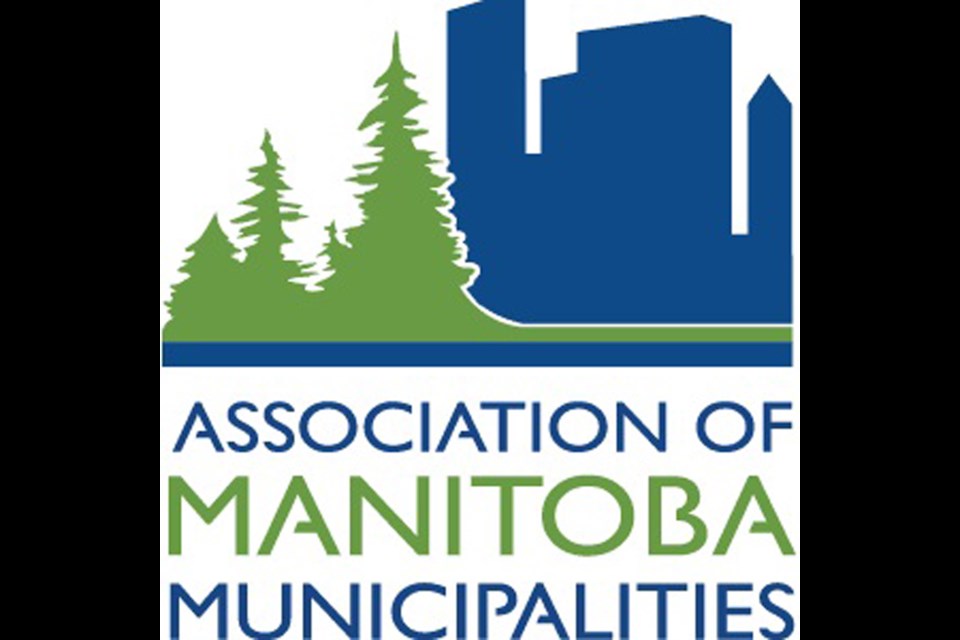On Nov. 22 and 23 local municipalities were represented by our elected councillors along with some municipal staff at the Association of Manitoba Municipalities. They addressed emergency response in the resolutions portion of the two-day conference.
At AMM, a focus of business is the discussion of matters that affect the everyday lives of Manitobans. Some 22 resolutions were brought forward by municipal councils and, like any other council business meeting, the resolutions were discussed and voted on.
A current concerning topic for rural councillors this year was the classification and licensing of Medical First Responders. A recent proposal by the College of Paramedics included a requirement of 360 hours of training for those to be licenced first responders at accidents and incidents.
The Empire-Advance carried a letter in the Nov. 19 issue which explained concern to protect the services that places like the RM of Pipestone and Prairie View provide. The letter stated that new more onerous requirements could result in a reduction of services for rural areas: “There is a movement in Manitoba that will result in the disappearance of Emergency Medical Responders (EMRs) who work in Medical First Response Departments (MFRs). They are typically on call volunteers who live in the local community. EMRs are medically trained personnel who are dispatched to medical emergencies and in most cases are on scene prior to the arrival of an ambulance.”
There’s a high time requirement for extra courses along with a tuition that runs around $5,000.
Prairie View Reeve Linda Clark from Miniota had input into the resolution. She says, “There was a resolution concerning the College of Paramedics fees, which are rising. I spoke to this motion and asked that an amendment be made to the resolution to include that the training hours remain at 120 hours and not change it to 360 hours.”
She says the amendment was accepted and most municipal representatives voted in favour.
AMM brings a powerful lobby to provincial matters, but it is unknown if the College of Paramedics will change their mind on this matter because, as Clark noted the EMR service is “seen as a huge and comforting service to our community.”
Other resolutions brought to the AMM meeting last month included a call for more provincial funding for handi-vans, a dedicated stretcher service for transfers between facilities which would leave emergency ambulance service more available for communities they serve. There was a call for a provincial water strategy in light of the recent drought and an increase in funding support for veterinary clinics, which has not been increased for many years.
On the AMM website the event was advertised as the first time in 20 months for an in-person event. There was also remote access available to this year’s event as well.




